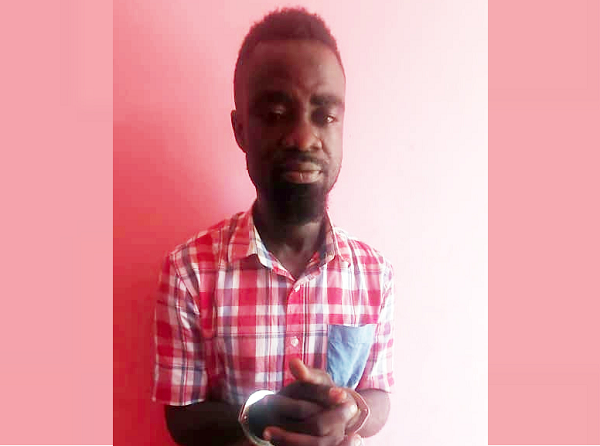A 30-year-old fuel station manager of the Kwahu-Tafo branch of Infin Ghana Limited has been jailed 120 months in hard labour by the Mpraeso Circuit Court for stealing GH¢398,545 belonging to his employer.
Ernest Boakye, who pleaded not guilty to stealing, was slapped with the sentence after the court, presided over by Stephen Kumi held that the prosecution proved its case beyond reasonable doubt to establish his guilt.
Deterrent
Delivering his sentence, Mr Kumi said Boakye deserved to be punished to serve as a deterrent to employees who engaged in fraudulent deals which could potentially collapse businesses and demotivate people in opening businesses, leading to an increase in the already high unemployment rate.
According to the court, it could also not gloss over the fact that Boakye committed the crime in 2021 at the height of the COVID-19 pandemic when businesses were laying off workers and people were in distress.
“The complainant company did not lay off the convict. He still kept his job to enable him to take care of himself and his family. Instead of reciprocating this gesture by working diligently and with integrity, he rather decided to betray the trust of the company and stole such a huge sum of money from them,” the presiding judge said.
Stealing
The prosecution presented a case to the court that in May last year, the administrator of Infin Ghana Limited noticed some discrepancies in the pay-in-slips by Boakye as against the bank statements.
In view of the discrepancies, on June 16, 2021, officers of the company conducted a check on the sales by Boakye and realised that he had stolen GHC92,457.
The company then caused his arrest.
According to the prosecution, on July 5, 2021, the company sent its internal auditor to conduct an audit on the accounts of the Kwahu-Tafo branch and realised that Boakye had stolen a total of GH¢398,545.56 from the company.
Trial
During the trial, Boakye put up a defence that the audit was wrong and that he had deposited all the sales at the bank.
The court then gave him an opportunity to produce copies of the bank deposits, which Boakye failed to do.
He then asked the court that he should be given copies of the bank statements, which the court allowed.
However, court records showed that even after giving copies of the bank statements, Boakye refused to tender them in evidence.
According to the court, Boakye’s refusal to tender the bank statements in evidence to aid his defence confirmed his guilt.

